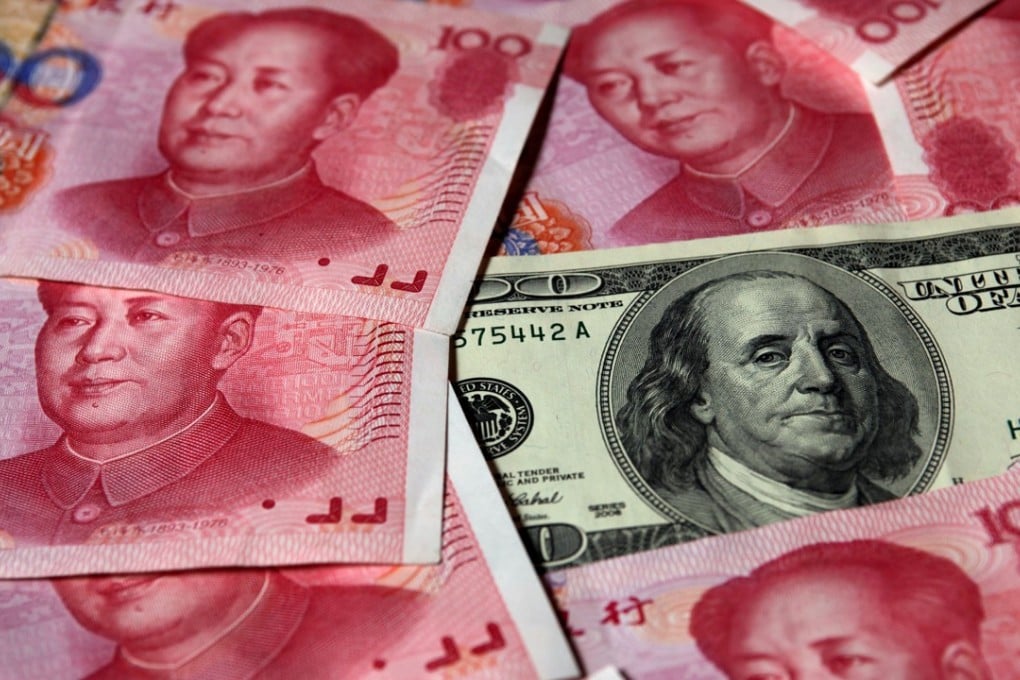China likely to ease monetary policy, but don’t expect the yuan to drop further, Citibank says

China may take the edge off tariff sanctions by easing its monetary policies, but policymakers will not seek to weaponise the yuan by a sharp depreciation, even as the trade war with the US gathers pace, according to Citibank.
The trade war unofficially began Friday when the US imposed tariffs on US$34 billion of Chinese imports, while China slapped taxes on an equal amount of American goods in response.
China is expected to cushion the impact from the punitive tariffs by implementing a 50 basis point cut in its reserve rate in the second half, said Wong Pak-ling, head of investment strategy and portfolio advisory, Citibank Hong Kong.
The People’s Bank of China announced a half percentage point cut in the reserve requirement ratio on June 24, which took effect Thursday, unlocking more than 700 billion yuan (US$105.8 billion) into the economy.
“China will have to ease credit conditions and prop up domestic demand to resist the pressure from the trade war,” Wong said.
China also planned to lower the tax burden on domestic retail investors and shore up domestic demand to help spur the economy, he added.
Citibank forecasts 6.5 per cent year-on-year annualised growth for the Chinese economy during the second half.